In Ghana, there have been many instances of allegations of vote buying during campaigns and elections usually to sway outcomes in a desired direction. Incrementally, the currency of this transaction becomes expensive by each election at the expense of the democratic dispensation of the country.
In 2020, a report by CDD-Ghana confirmed the prevalence of vote buying and linked the practice to the high cost of running for political office in Ghana, amounting up to as much as US$100 million for presidential election and US$693,000 for parliamentary elections respectively.
According to the report’s findings, vote buying occurs at all levels of Ghana's political electoral system, including party executive elections, internal party primaries, presidential and parliamentary elections, and even the confirmation of MMDCEs by assembly members. In the just ended Kumawu bye- elections for instance, the two major political parties in Ghana accused each other of using vote-buying tactics to influence the electorate to vote in their favour.
This situation undermines democracy and the fundamental principles of fair and equitable participation in elections, a prerequisite for the rule of law. It leads to the erosion of public confidence in the electoral process as well as the institutionalisation of a somewhat aristocratic society where the one who can afford wins an election instead of the most competent or the choice of the people.
Furthermore, the Political Parties Law 2000, (Act 574) and the Representation of the People's Law, 1992, PNDC Law 284, outlaws buying or selling of votes. It provides the legislative framework within which political parties are to be formed in Ghana and imposes stringent duties and responsibilities on their operations failing which is punishable by law.
As an independent think tank dedicated to the advancement of democracy in Ghana, CDS Africa recognises the urgent need for broader consultations by all stakeholders and government to ensure a firm enforcement of the laws against all electoral malpractices including vote buying to serve as a deterrent. Further, CDS Africa calls for the transparency and the strengthening of accountability in the electoral process at all levels of elections. Political parties must adopt a more transparent and accountable procedures, such as full disclosure of all funding and expenditures for campaigns and citizens should be able to hold parties accountable for their conduct and make educated decisions as a result.
There is also the need for voter education campaigns for Ghanaians to sensitise the electorates on the negative impacts of vote buying to the country’s democracy and increase their resistance to manipulation during elections.
Lastly, CDS Africa proposes the creation of a system that monitors and ensures accountability to identify and expose instances of vote purchasing during campaign periods. Strong monitoring measures should be implemented in addition to legal action. By naming and shaming political parties that have or attempt to buy votes, we can further protect our democratic system for sustainable development in the country.

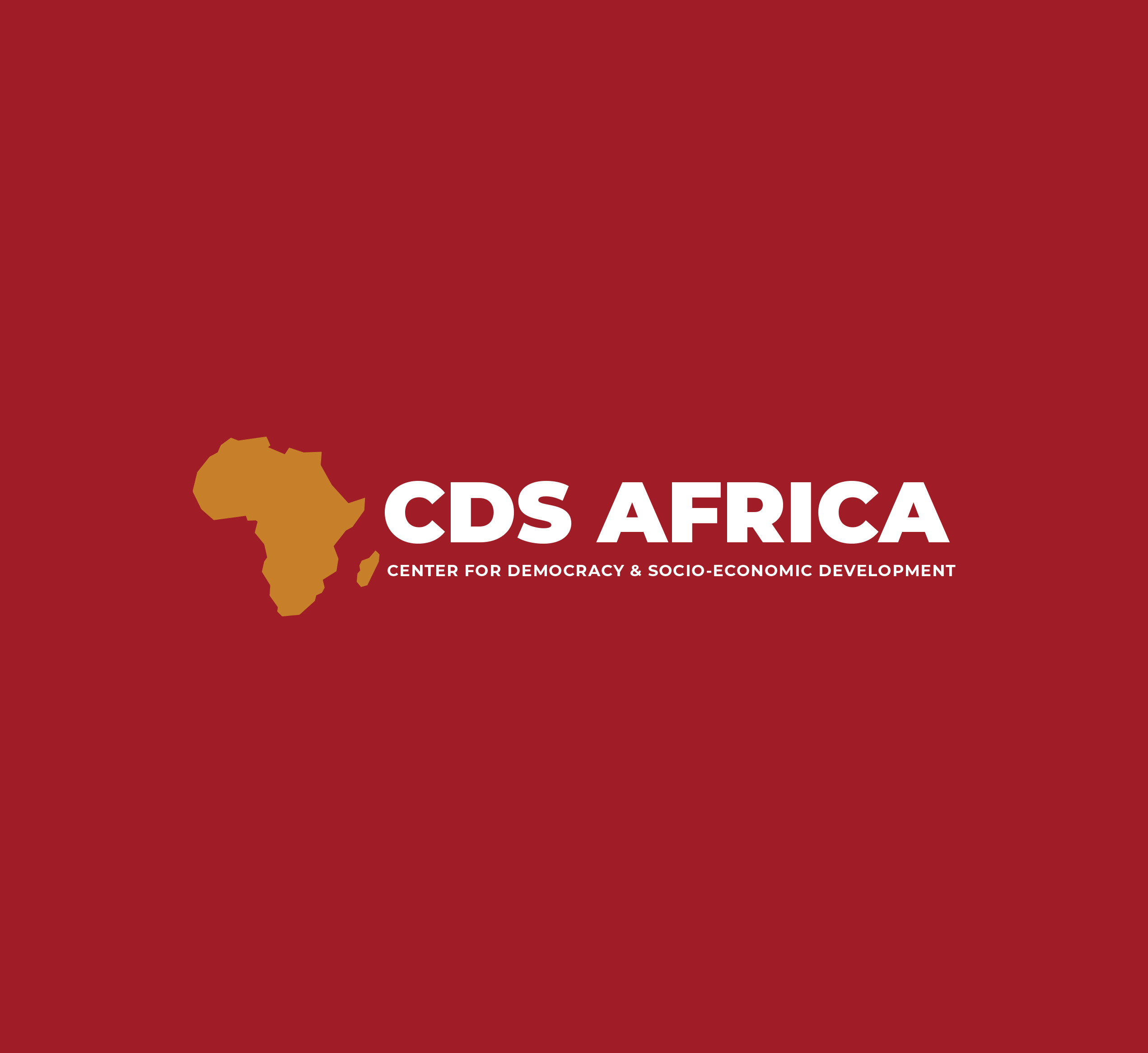
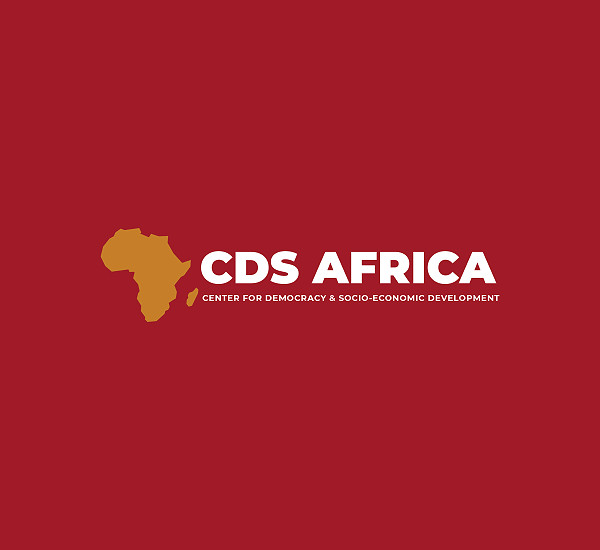
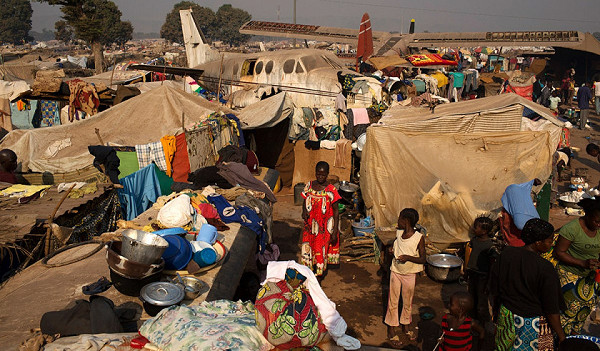
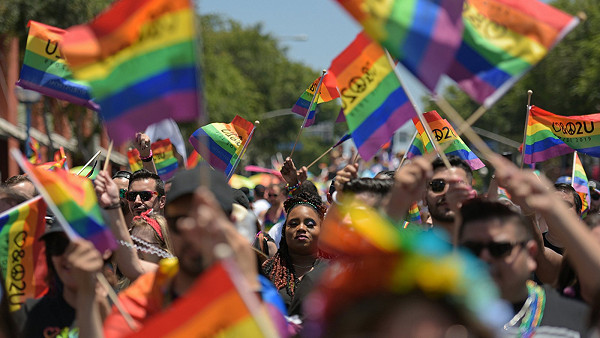
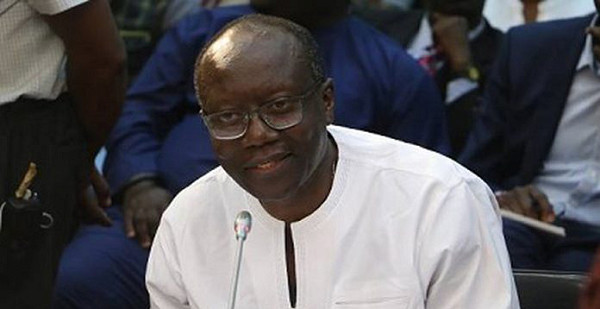

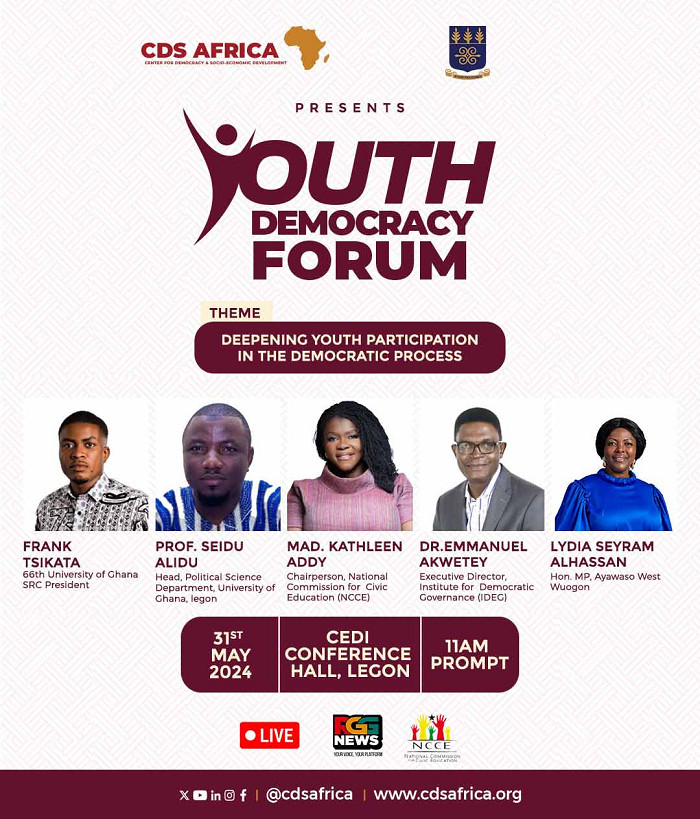
Write a Comment